Mediterranean Spice Rubs: From Ancient Bazaars to Your Kitchen – A Flavorful Journey!
Table of Contents
- Introduction
- Origins of Mediterranean Spice Rubs
- The Building Blocks: Common Ingredients in Mediterranean Rubs
- Regional Twists: How Countries Make It Their Own
- Top 5 Cooking Tips for Using Mediterranean Spice Rubs
- Buying Guide: What to Look for When Choosing a Mediterranean Rub
- Tasty Recipes That Bring Out the Best in Your Rub
- Final Thoughts: Spice Up Your Life the Mediterranean Way
Introduction
If you’ve ever smelled freshly grilled lamb sizzling on a Greek island, or walked through a spice market in Morocco where saffron dances in the air, you know that Mediterranean spice rubs are more than just flavor — they’re an experience.
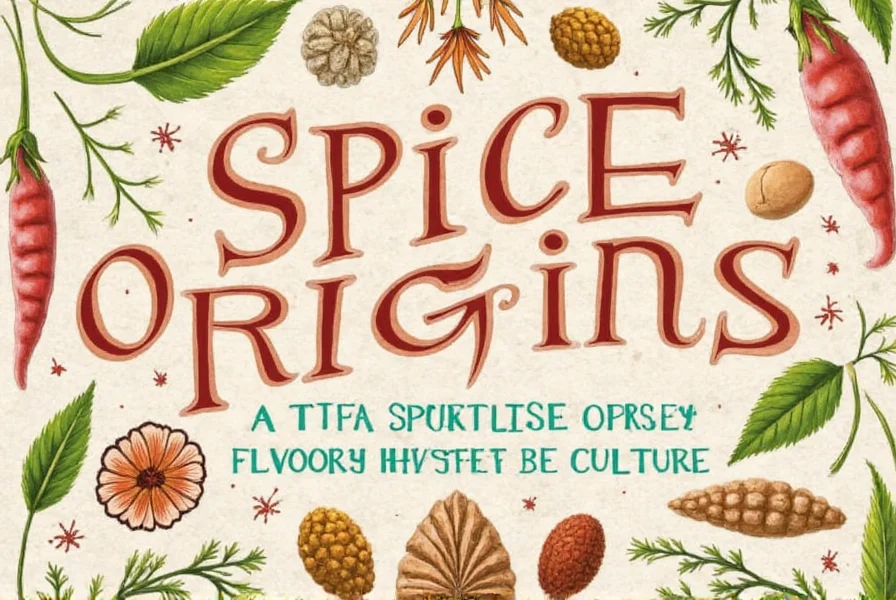
These aromatic blends bring together sun-soaked herbs, earthy spices, and a hint of citrus, creating a symphony of flavors that have traveled from ancient trade routes to modern kitchens. Whether you're a home cook or a seasoned chef, this guide will help you master the art of using these legendary seasonings.
Origins of Mediterranean Spice Rubs
The Mediterranean region is a crossroads of civilizations — Phoenician, Roman, Arab, Ottoman, and European — all of whom left their culinary fingerprints behind. The roots of Mediterranean spice rubs trace back thousands of years when merchants traded in saffron, cumin, coriander, and sumac along the Silk Road and across the sea.
Historically, these spices were used not only to enhance flavor but also for preservation and medicinal purposes. In places like Turkey and Egypt, mixtures like zataar and dubba were staple seasonings found in every household. Even today, families pass down their own secret spice blends from generation to generation.
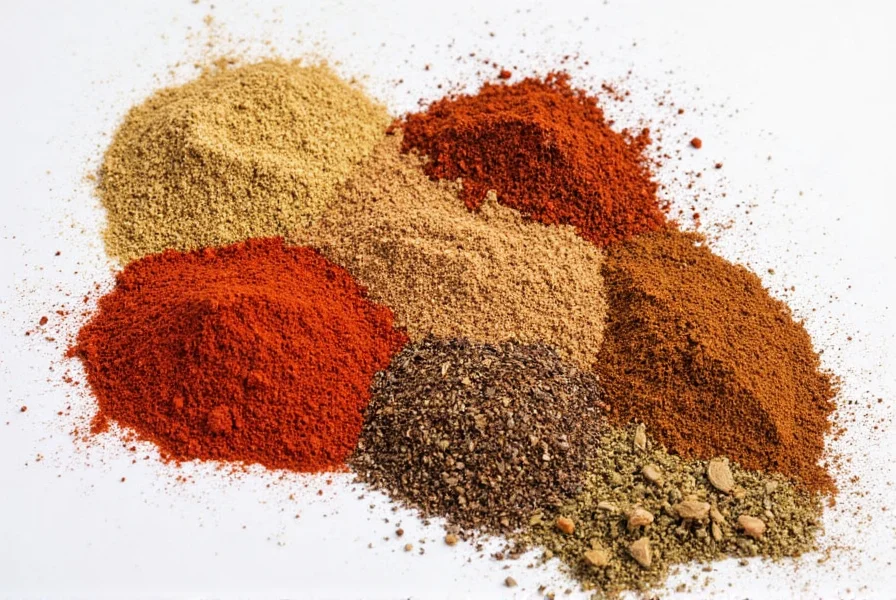
The Building Blocks: Common Ingredients in Mediterranean Rubs
So what makes a Mediterranean spice rub tick? While each country has its signature blend, there are several core ingredients that tie them all together:
- Oregano: Earthy and pungent, often used dried for maximum potency.
- Rosemary: Woody and aromatic, great for roasted meats and veggies.
- Thyme: Mild and slightly floral, works well in both dry rubs and marinades.
- Cumin: Warm and nutty, common in North African and Middle Eastern-style blends.
- Paprika: Adds color and subtle sweetness (or smokiness if smoked).
- Sumac: Tangy and lemony, perfect for brightening up dishes.
- Salt & Pepper: Of course! The backbone of any good rub.
| Spice | Flavor Profile | Common Use |
|---|---|---|
| Oregano | Earthy, strong | Lamb, chicken, vegetables |
| Rosemary | Woody, pine-like | Roasts, grilled items |
| Sumac | Tangy, citrusy | Meat, salads, dips |
| Cumin | Nutty, warm | Stews, kebabs, flatbreads |
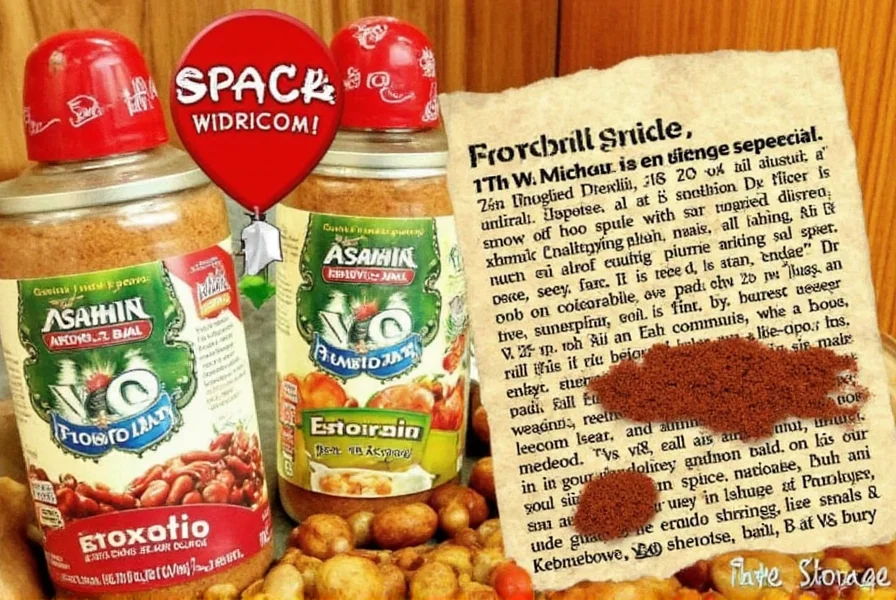
Regional Twists: How Countries Make It Their Own
One of the most exciting things about Mediterranean spice rubs is their diversity. Each region adds its own twist based on local ingredients, climate, and culture. Here’s a quick breakdown:
| Country | Signature Rub/Blend | Key Ingredients | Best For |
|---|---|---|---|
| Greece | Oregano & Lemon Rub | Dried oregano, lemon zest, garlic powder | Grilled fish, chicken souvlaki |
| Turkey | Izmir Blend | Black pepper, paprika, thyme, sumac | Kebabs, grilled eggplant |
| Morocco | Ras el Hanout | Over 30 spices including cumin, cinnamon, cardamom | Lamb tagines, couscous |
| Italy | Herbes de Provence-inspired | Rosemary, thyme, marjoram | Roasted potatoes, focaccia |
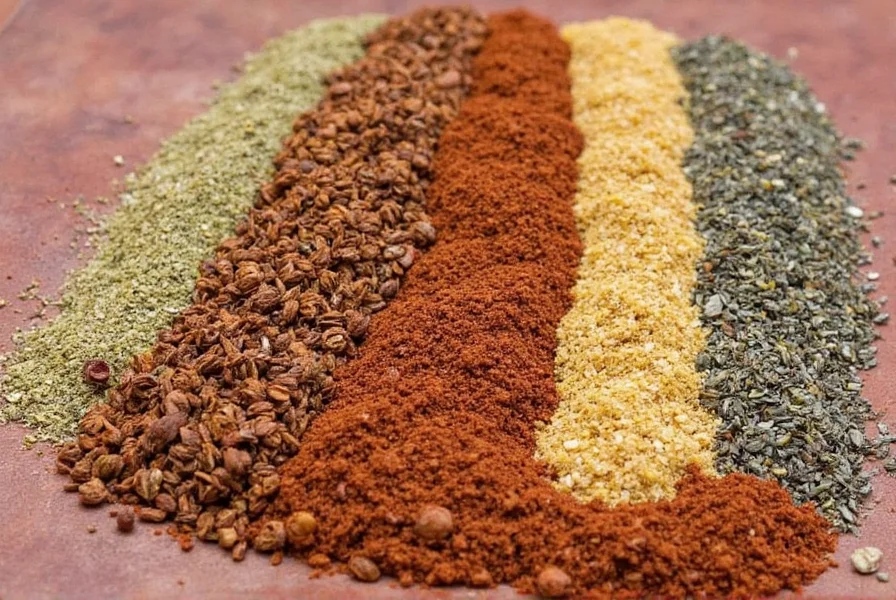
Top 5 Cooking Tips for Using Mediterranean Spice Rubs
- Rub Early for Maximum Flavor: Apply the spice rub at least 30 minutes before cooking (or even overnight) to allow the flavors to penetrate the meat or veggies.
- Use Oil as a Binder: Brush proteins lightly with olive oil before applying the rub. This helps the spices adhere and creates a delicious crust.
- Don’t Overdo Salt: Many store-bought rubs already contain salt, so taste before adding extra. You can always add it later during cooking.
- Try Them on Veggies Too: Eggplant, zucchini, bell peppers, and mushrooms take beautifully to these rubs. Grill or roast until caramelized for best results.
- Toast the Spices First (Optional): For deeper flavor, toast whole spices like cumin seeds before grinding and mixing them into your homemade rub.
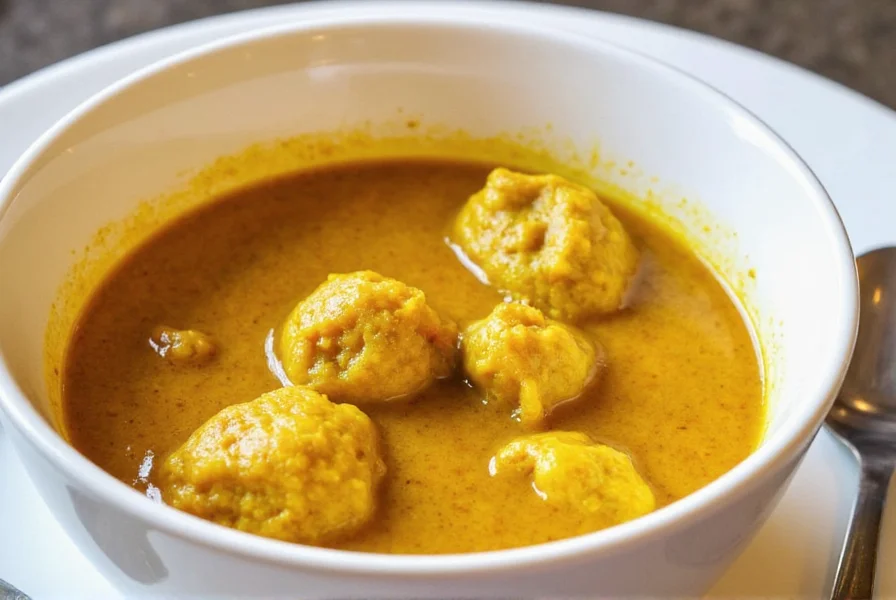
Buying Guide: What to Look for When Choosing a Mediterranean Rub
With so many options flooding the market, choosing the right Mediterranean spice rub can be overwhelming. Here's a simple guide to help you pick the perfect one for your kitchen:
Key Features to Look For:
- Freshness: Check the packaging date. Spices lose potency over time.
- Quality Ingredients: Avoid fillers like maltodextrin or artificial additives.
- Balance of Herbs & Spices: Shouldn’t be overly salty or bitter. Look for a nice herbal base with depth from warming spices.
- Texture: Fine enough to stick but coarse enough to feel the grains — ideal for searing and grilling.
Popular Products Compared
| Product Name | Main Ingredients | Best For | Price Range | Organic? |
|---|---|---|---|---|
| Spice Garden Med Blend | Oregano, thyme, rosemary, paprika | General-purpose grilling | $8–$10 | Yes |
| Mediterra Zesty Mix | Sumac, lemon peel, garlic, parsley | Fish, chicken, salads | $10–$12 | No |
| Old World Mediterranean Rub | Cumin, coriander, marjoram, fennel seed | Stews, slow-roasted meats | $9–$11 | Yes |
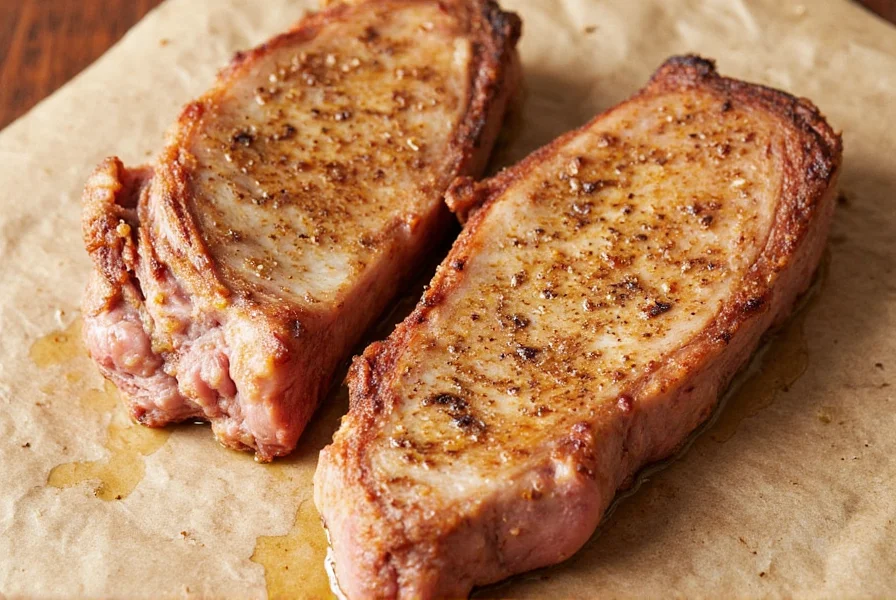
Who Should Buy Which?
- Home Cooks: Look for ready-to-use blends like the Spice Garden Med Blend — easy, versatile, and budget-friendly.
- Seafood Lovers: Go for a lighter, citrus-forward option like Mediterra Zesty Mix.
- Grill Masters: Try the Old World Mediterranean Rub for deep flavor in roasts and slow-cooked dishes.
Tasty Recipes That Bring Out the Best in Your Rub
Ready to put your Mediterranean spice rub to work? Try these crowd-pleasing recipes:
- Garlic & Herb Grilled Chicken Skewers
Marinate boneless chicken chunks in olive oil, minced garlic, and your favorite med rub. Skewer and grill until golden brown. Serve with tzatziki and lemon wedges. - Rosemary & Thyme Roasted Potatoes
Toss cubed potatoes with olive oil, crushed rosemary, thyme, and a dash of paprika. Roast at 400°F until crispy. Perfection! - Sumac Salmon with Dill
Mix sumac, lemon zest, dill, and a pinch of salt. Rub onto salmon fillets and bake or pan-sear. Serve with quinoa and roasted asparagus.
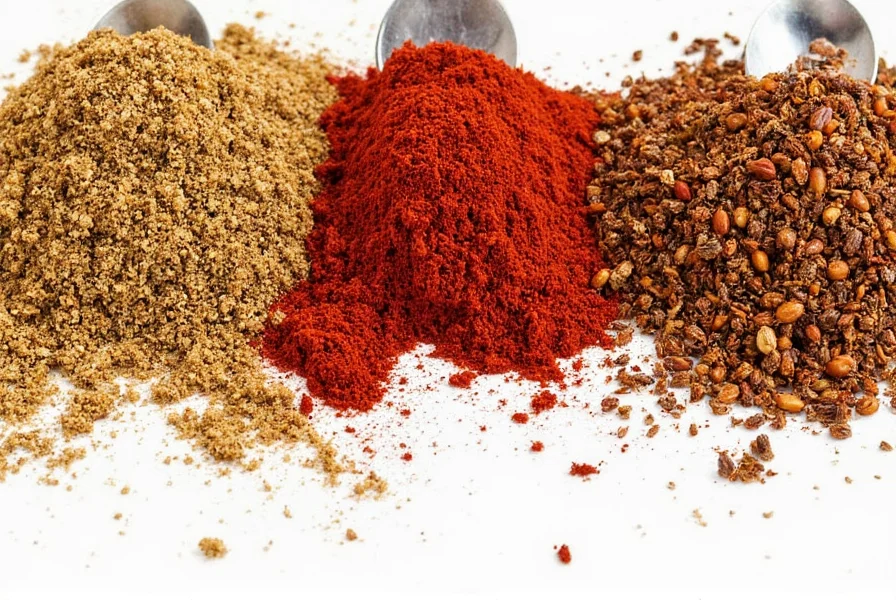
Final Thoughts: Spice Up Your Life the Mediterranean Way
Mediterranean spice rubs aren't just another jar in your pantry — they're a passport to flavor, tradition, and a lifestyle rooted in health, community, and joy.
Whether you're crafting your own blend from scratch or picking up a trusted brand from the shelf, these rubs offer endless versatility. From humble weeknight dinners to impressive weekend feasts, the right spice rub can elevate your cooking from ordinary to extraordinary.
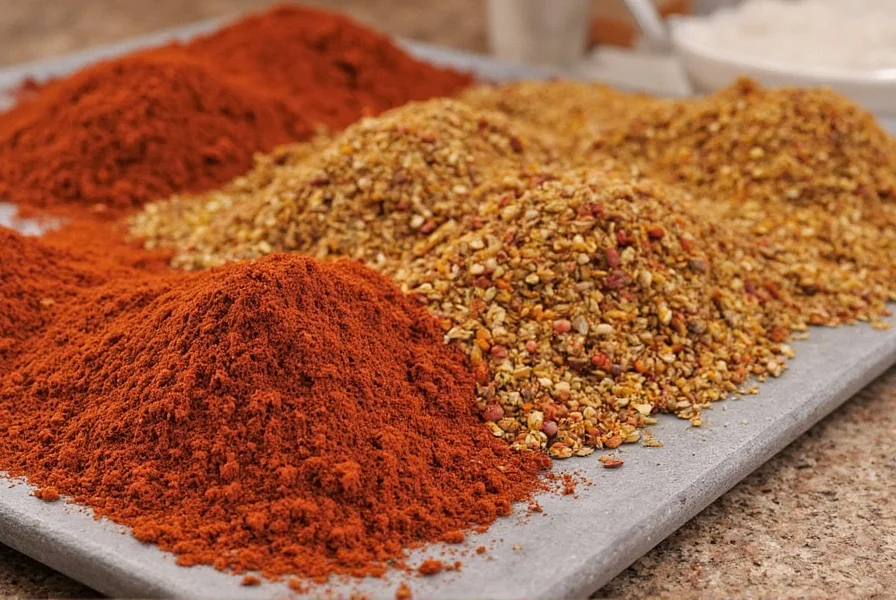
So next time you fire up the grill or preheat the oven, reach for that bottle of Mediterranean spice rub — your taste buds (and your guests) will thank you!

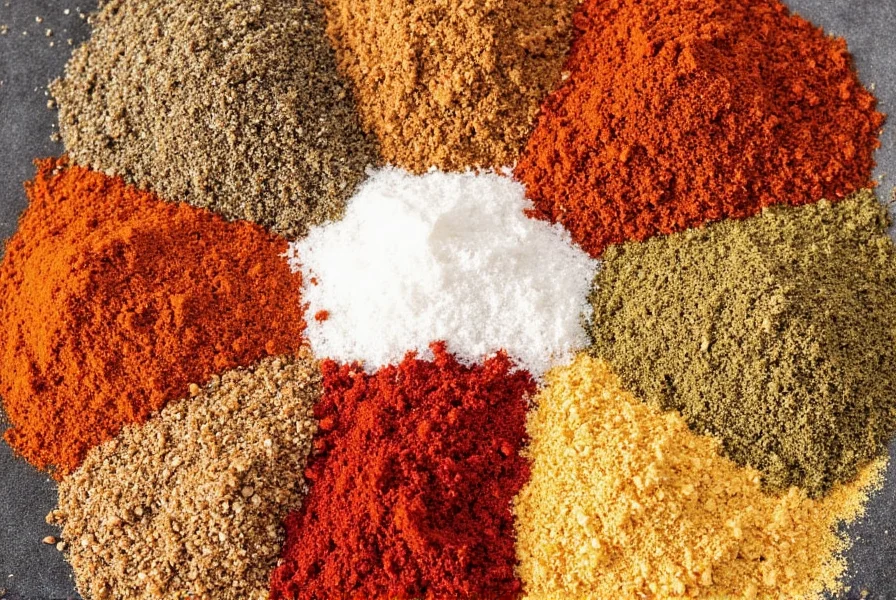









 浙公网安备
33010002000092号
浙公网安备
33010002000092号 浙B2-20120091-4
浙B2-20120091-4